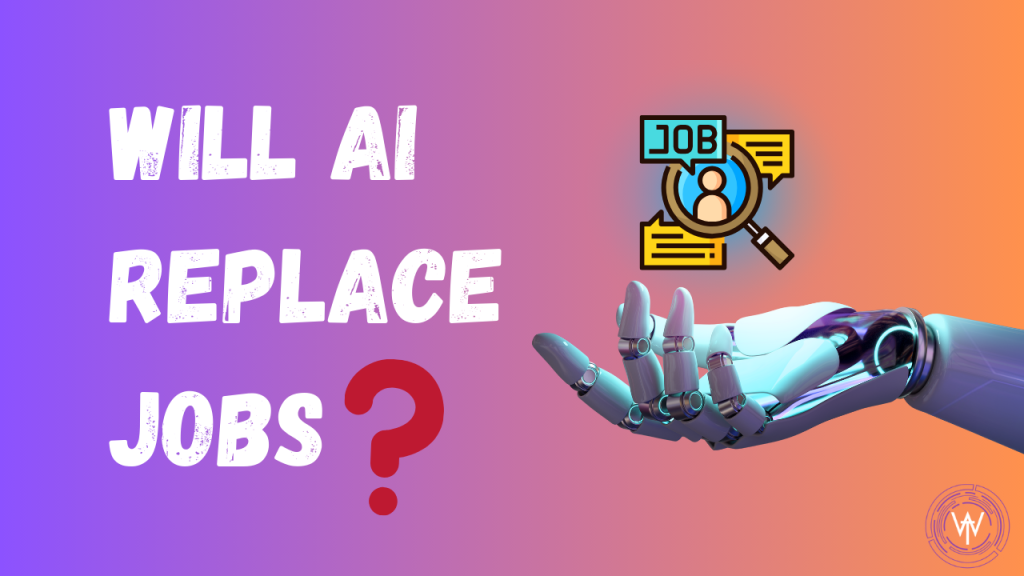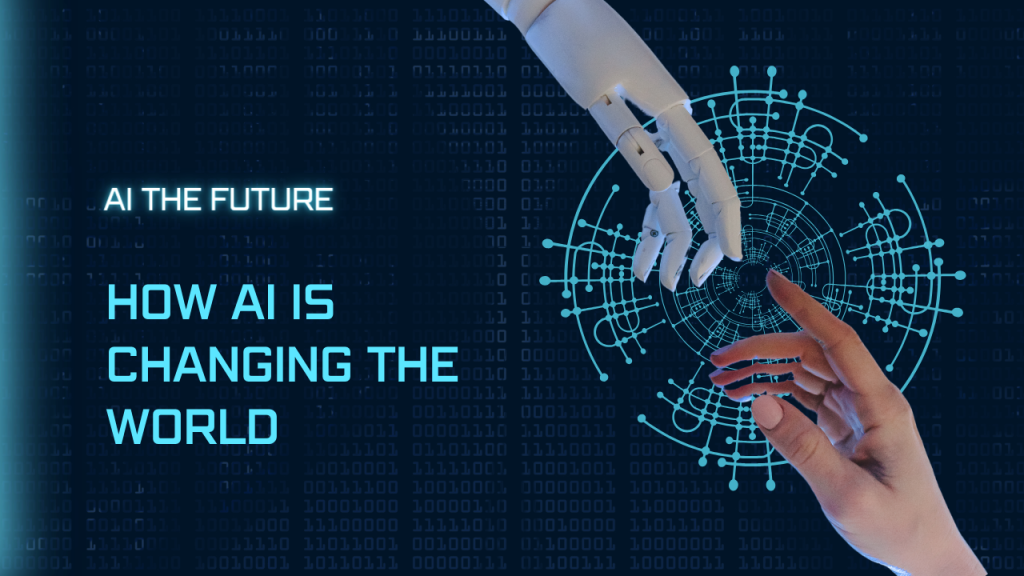
Will AI Replace Jobs? Exploring the Real Threat
Artificial intelligence (AI) is developing at a rapid pace, which has sparked a range of feelings, from excited expectations to deep-seated dread, especially in regard to how AI may affect the labor market. Unquestionably, artificial intelligence has amazing powers. They enable machines to do monotonous, repetitive operations with unmatched accuracy and efficiency. Artificial Intelligence (AI) holds great potential to transform companies, optimize processes, and greatly increase efficiency. But this remarkable development in AI technology also raises questions about the nature of work in the future.
We take a tour through the complex web of AI’s relationship to the workforce in this blog. We explore the opportunities and risks associated with AI employment as we delve into its complex relationship. We hope to provide a thorough study of the potential effects of artificial intelligence as well as opportunities for individuals who are prepared to embrace the changing nature of work as we venture into this uncharted territory. Essentially, we will present a fair assessment of the intricate relationship between AI and employment, recognizing both the difficulties and the opportunities it presents for the contemporary worker.
The Advantages Of AI (Artificial intelligence):
- Automation of Repetitive Tasks: AI is particularly good at repetitive, routine, and rule-based jobs. Human laborers are freed from repetitive tasks by automation, freeing them up to concentrate on more strategic and creative work.
- Enhanced Work Productivity: Artificial intelligence (AI) techniques, such as data analytics and machine learning algorithms, may greatly increase productivity and decision-making across a range of industries, spurring economic expansion.
- Creation of New Jobs: As AI technology develops, new positions in AI development, maintenance, and supervision appear. These positions demand specialized knowledge and abilities.
The Concerns About Job Displacement
- Job Disruption: AI has the potential to displace workers in sectors like manufacturing, customer service, and transportation by replacing their occupations.
- Automation vs. Skilled Workers: A portion of the labor performed by even highly qualified professionals in industries like banking, law, and medicine may be automated, which could have an effect on pay and employment opportunities.
- Uneven Impact: The uneven impact of AI on employment across sectors and locations has the potential to exacerbate economic inequality.

Getting Around in the Future of Work
- Reskilling and Upskilling: Investing in education and skill development is essential to adjusting to the shifting nature of the labor market. Complementary to AI, workers must learn problem-solving, creative, and emotional intelligence skills.
- Human-AI Collaboration: AI has the potential to be a useful helper, enhancing human capabilities. Work processes can become more productive and efficient by embracing human-AI cooperation.
- Ethical AI: It is crucial to create AI systems that adhere to moral principles and conscientious AI practices. This covers issues of openness, data privacy, and bias.
Although AI certainly changes the nature of employment, it is unlikely to ever fully replace people. Rather, it will improve our skills and change the nature of jobs. In order to prosper in the AI era, people and institutions need to continue to be flexible, make investments in ongoing education, and promote a technologically collaborative culture. AI’s effects on employment are a challenge to innovate rather than a sign of impending disaster. We can utilize AI’s promise to boost productivity and open up new opportunities in the rapidly changing workplace by carefully managing this shift.
